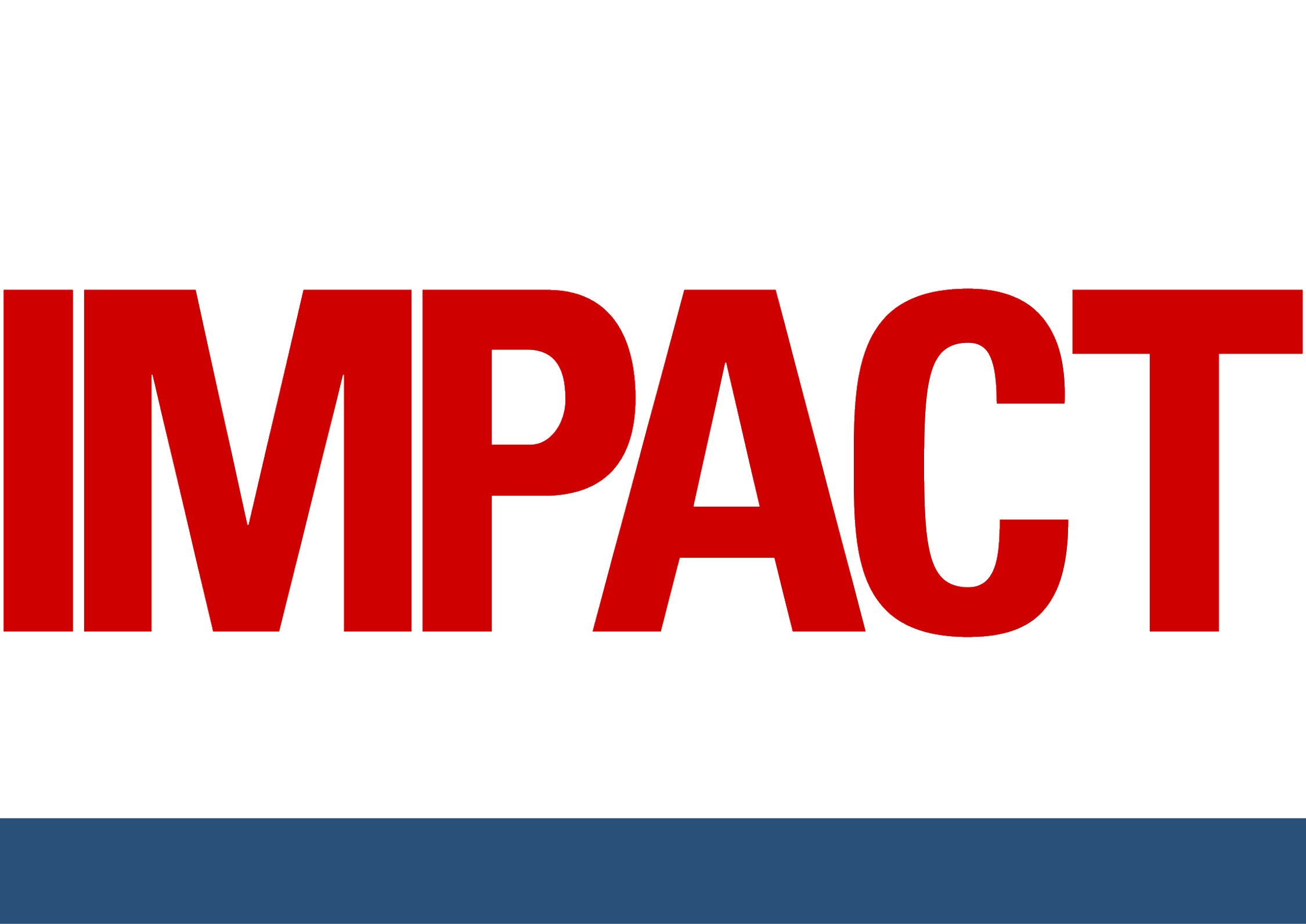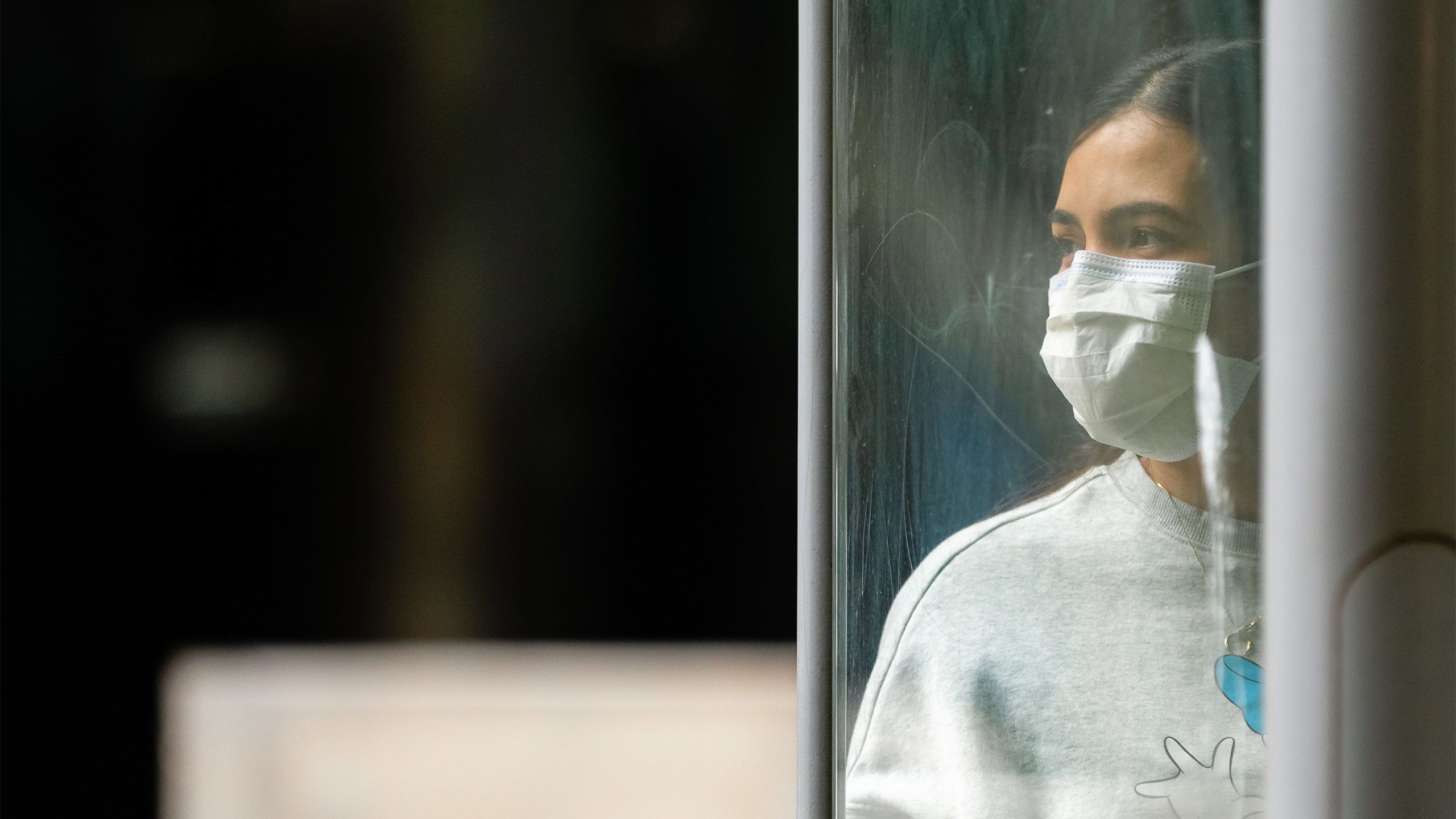
OPTIMISING RESPONSES
TO THE PANDEMIC
‘There’s a science to it’: How to optimise responses to the COVID-19 pandemic.
With optimism on the rise due to vaccination rollouts throughout the world, how can governments ensure populations observe public health directives as more people are vaccinated? The critical factor: understanding people.
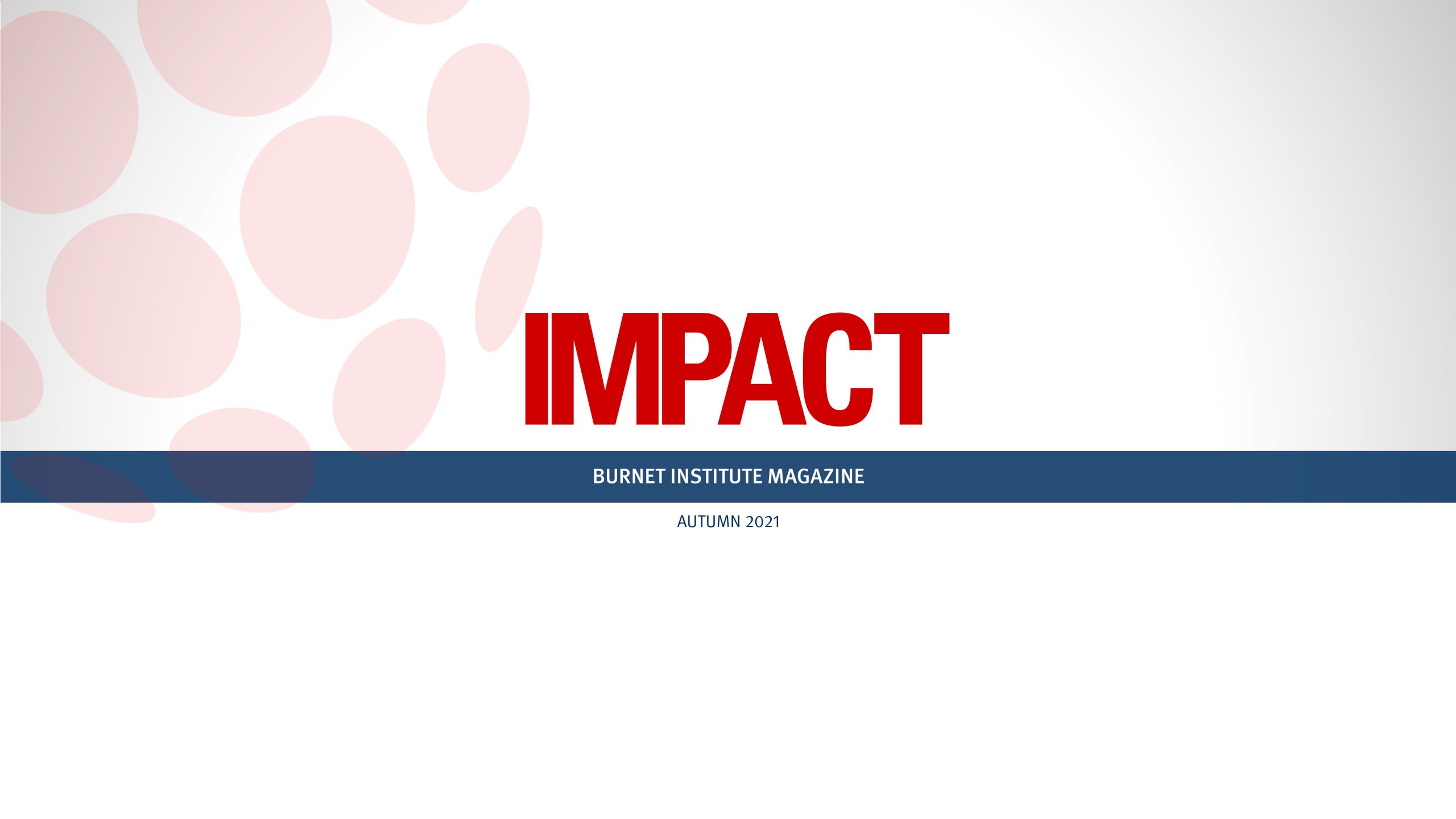
In recent months, the mood towards the pandemic has shifted dramatically. There is increasing optimism with vaccinations being rolled out.
One thing that hasn’t changed in the past year, and will remain critical throughout the future COVID-19 response as well as other future pandemics, is the human factor: the need to work with people, understanding their knowledge, attitudes, needs and fears is critical.
It’s here that the Optimise Study seeks to advise and inform governments, policymakers and the community.
Optimise gathers information from study participants through a combination of surveys, interviews and community forums that assess the community's knowledge, understanding and ability to co-operate with government COVID-19 interventions, and the unintended consequences of these restrictions.
Optimise Co-Principal Investigator, Professor Margaret Hellard AM says we must remain vigilant even as COVID-19 vaccines are rolled out to the community.
“It is important that the community understands that after people have been vaccinated it doesn't mean we can just take our ‘foot off the pedal’ when it comes to testing for COVID-19 and quarantining if you have symptoms,” Professor Hellard said.
“Until we have considerable vaccine coverage across the community, if people have COVID-like symptoms they still need to get tested and stay home until they get their test result.”
“It’s possible that even with high coverage this will need to happen – depending on the effectiveness of the vaccine,” she said.
The Optimise Study, led by Burnet and Doherty Institutes, has recruited around 500 participants from all areas of the Victorian community. Participants are followed up every four weeks and asked questions on issues of the day, including testing, vaccine acceptance and compliance with restrictions.
“It’s very important that we get honest and frank responses from different subgroups of the community who are at particular risk of contracting COVID-19,” Professor Hellard said.
You're reading IMPACT magazine | Subscribe today
These include people working in hotel quarantine, aged care and healthcare. Professor Hellard says it's also important to look at the impact of age, gender and cultural background on people's understanding, attitudes and behaviours, and barriers to accessing testing and vaccines.
Recent reports generated from the interviews include one on vaccine acceptance. Professor Hellard says an interesting finding was that healthcare workers were initially hesitant to take up the vaccine.
“The findings suggest that as people got more information, healthcare workers’ confidence about getting the vaccine grew, whereas the wider community has remained stable,” she said.
Keeping up testing is an ongoing challenge
A critical issue for governments over the next 12 months, Professor Hellard says, is ensuring that people maintain vigilance around COVID-19 testing and quarantine, and ensuring apathy around the virus doesn’t grow as more people are vaccinated.
“Even when COVID-19 was in the community our work showed us that some people were reluctant to go and get the COVID test and then quarantine until that test result became available,” she said.
The study found that some subgroups of the community had greater reluctance to get a COVID-19 test, through fear of stigma. The Optimise team noticed this most profoundly in younger people, and people from culturally diverse communities.
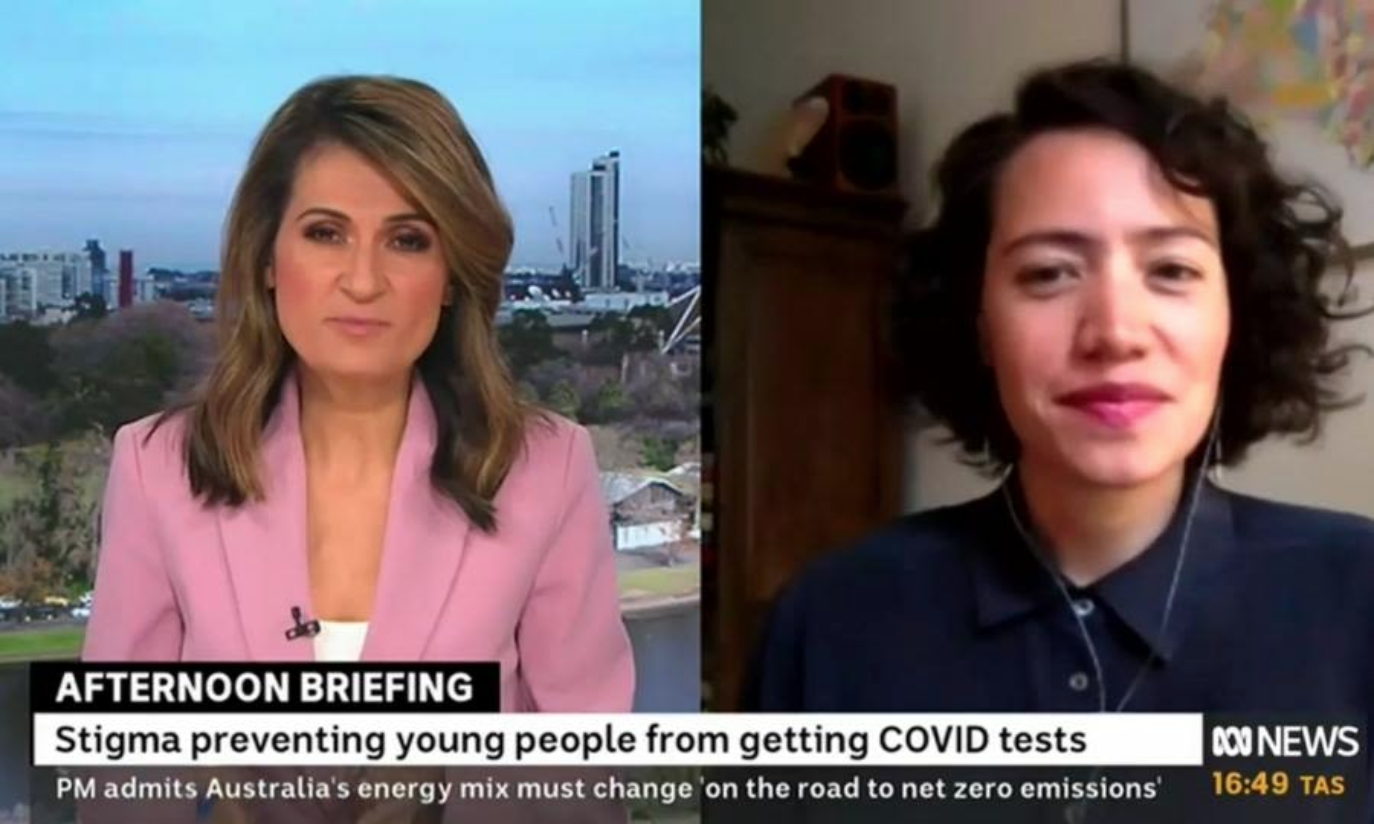
Burnet Senior Research Fellow, Dr Alisa Pedrana, told ABC Afternoon Briefing that ‘sensationalised’ media portrayals of individuals who tested positive for COVID-19 as selfish, irresponsible or reckless made Optimise Study participants fearful of being judged for testing positive.
Burnet Senior Research Fellow, Dr Alisa Pedrana, told ABC Afternoon Briefing that ‘sensationalised’ media portrayals of individuals who tested positive for COVID-19 as selfish, irresponsible or reckless made Optimise Study participants fearful of being judged for testing positive.
“This reluctance is likely to increase as the vaccine is rolled out because people with mild symptoms may think the chance they have COVID-19 is low and they don’t want to have to stay at home after testing,” Professor Hellard said.
She warns that reluctance to get a test could impact on having a timely response to a small COVID-19 outbreak, something which is critical to avoid a lockdown.
“As vaccine coverage increases there will be an expectation from some people in the community that we can stop hotel quarantine for people returning from overseas.
“Overseas travel will be back on the agenda, however this is unlikely to be the case for some time. If and when we do remove hotel quarantine it will be critically important that people are vigilant and get tested if they are symptomatic.”
Assisting with the vaccine rollout
The study has more immediate implications for the pandemic response in Australia. Responses from Optimise participants inform Burnet’s COVASIM modelling, which is assisting the government in planning. This includes the vaccine rollout and who gets vaccinated first.
Please support our COVID-19 research | Donate today
“We’re looking at questions such as, should we vaccinate the family and household members of a hotel quarantine worker at the same time as the worker is vaccinated? What is the benefit of this approach compared to just vaccinating the worker?”
As well as identifying who should be prioritised for vaccination, Optimise is looking at the mechanics of the vaccine rollout. Professor Hellard says it’s critical that governments reduce practical barriers to getting vaccines.
“One of the things that I have observed – as a healthcare worker – is we constantly set up systems to suit ourselves, rather than the patient,” she said.
“Optimise is providing information to the government to understand how best to provide a service to people so that it’s easy for them to get vaccinated, and easier for them to get tested, isolate and quarantine.”
“One of the things that I have observed – as a healthcare worker – is we constantly set up systems to suit ourselves, rather than the patient.”
Professor Margaret Hellard AM
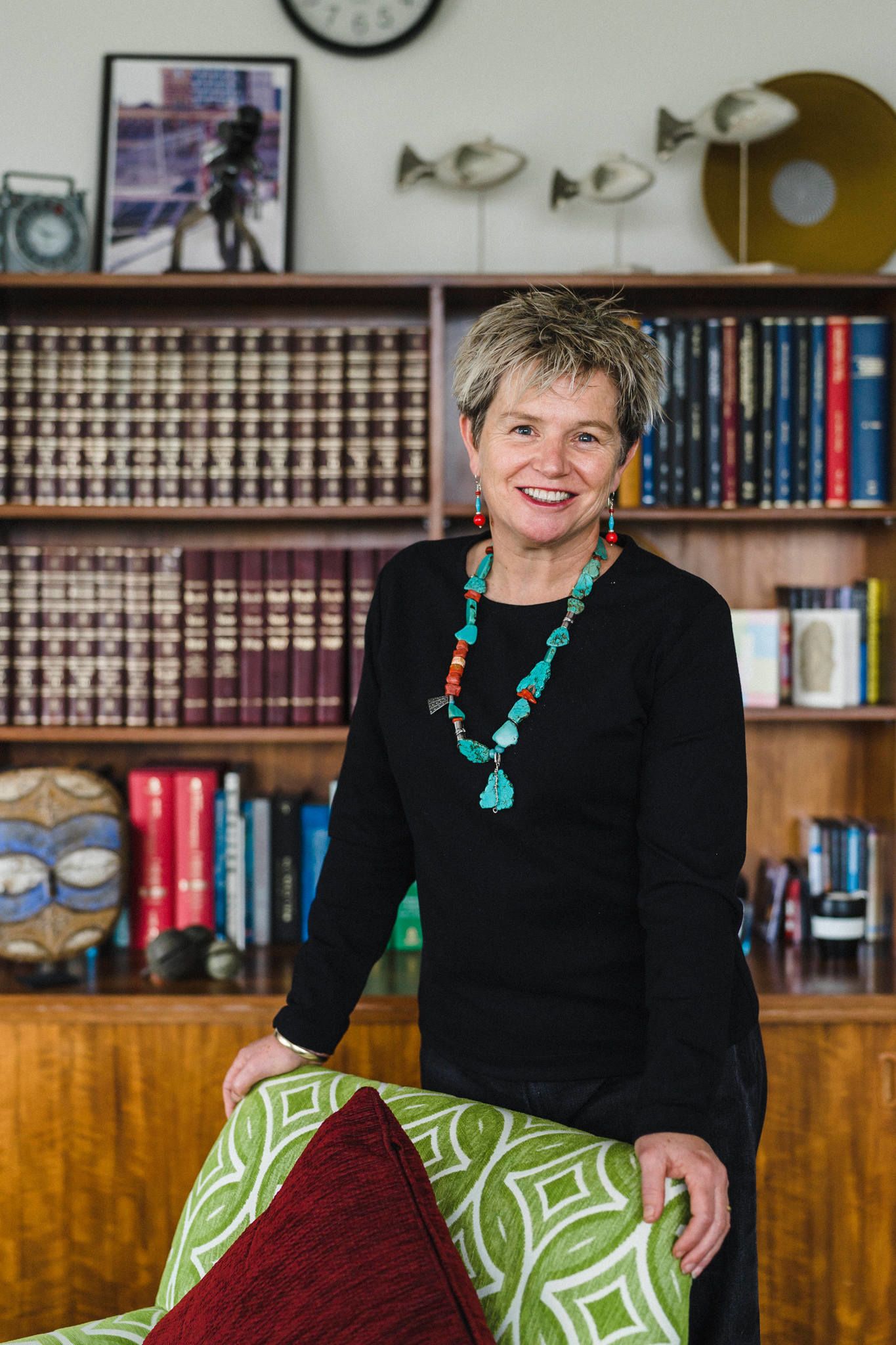
Lessons for responding to other global challenges
Ultimately, Professor Hellard says there are lessons from the pandemic response which have much wider applications.
“Our success in responding to any major issue is determined by us first ensuring the community understands the issue – that they have knowledge and understanding,” Professor Hellard said.
“Second is the community accepting an intervention introduced by the government as effective and reasonable. A good example of this is the need to wear a mask during a COVID-19 outbreak – the vast majority of the Victorian community accepted wearing a mask was useful and did so.
“Third – it is critical that we remove any barriers to someone doing what is required of them; for example making it easy to get a test or a vaccine.
“Improving knowledge, ensuring the response is acceptable to the community and removing barriers is critical in any major issue, whether it's stopping obesity, encouraging recycling or preventing a highly infectious airborne virus from spreading.”

Optimise partner and funding organisations
Optimise partner and funding organisations

Make an Impact | Donate Today
Please donate today and stand alongside Burnet Institute’s COVID-19 experts as they race to save lives. Your gift will give us the capacity and flexibility to respond where we see the greatest opportunity for impact.

Contact Us
If you would like to discuss this edition with our team please contact Tracy Parish.
E: communications@burnet.edu.au
T: +61 3 9282 2111
Where possible people who appear in images included in this publication were photographed with their permission. There is no implication that these people have any infectious diseases.
Stay across the latest from Burnet Institute
Subscribe to IMPACT magazine today
Discover the IMPACT of Burnet’s medical research breakthroughs and public health projects in the Institute’s bi-annual magazine.
